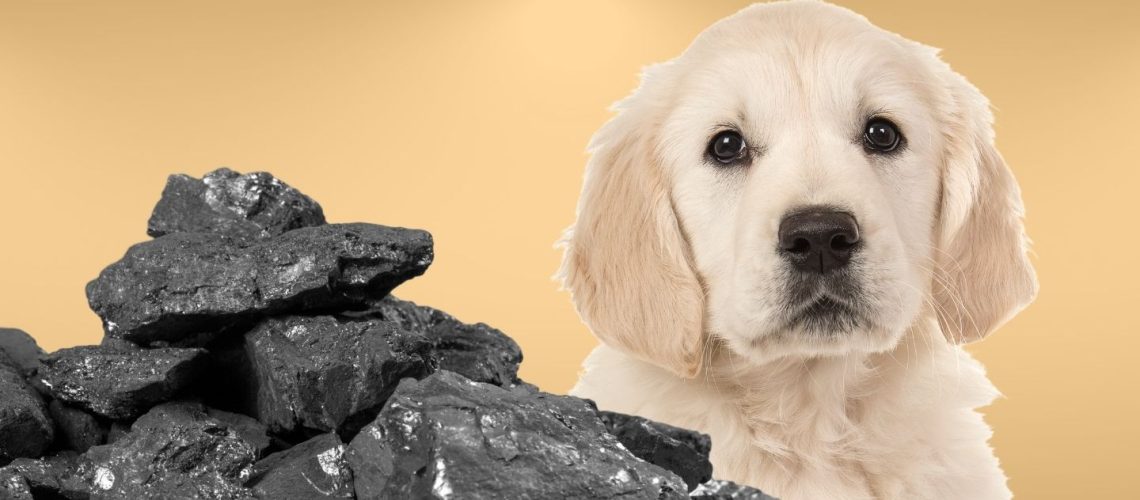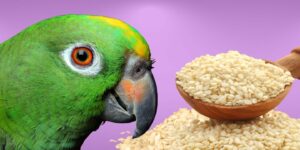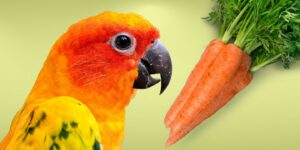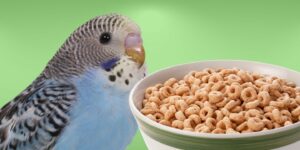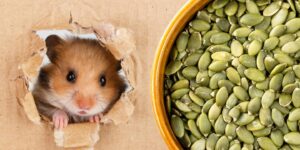The short answer is no, dogs should not eat charcoal. While small amounts of charcoal may not be harmful, it is not a natural part of a dog's diet and can cause gastrointestinal issues. Additionally, charcoal can be dangerous if ingested in large quantities.
Understanding Charcoal
Charcoal is made of carbon atoms that are bonded together to form a porous, absorbent material. This porous structure makes charcoal useful for filtering water and air, as well as for absorbing certain chemicals.
Why Dogs Might Be Attracted to Charcoal
Dogs may be attracted to charcoal due to its smell or the fact that it is often found near food at cookouts. However, it is not a safe or appropriate snack for our canine friends.
Types of Charcoal
Activated Charcoal
Activated charcoal is a form of charcoal that has been processed to have even smaller pores and greater surface area, making it even more absorbent than regular charcoal. It is often used in air and water filters and as a poison antidote due to its ability to absorb toxins.
Charcoal Briquettes
Charcoal briquettes are made by compressing smaller pieces of charcoal, often with added chemicals to help them burn more consistently. They are commonly used for grilling and tend to be less porous than other types of charcoal.
Lump Charcoal
Lump charcoal is made from large pieces of hardwood that have been burned down to create solid chunks of charcoal. It burns hotter and more cleanly than briquettes, but may also be less porous.
Dangers of Charcoal for Dogs
Gastrointestinal Issues
Dehydration
When ingested, charcoal can absorb water and nutrients from the digestive tract, leading to dehydration.
Malnutrition
Charcoal can also cause malnutrition in dogs by preventing the absorption of important nutrients.
Obstruction
In severe cases, ingested charcoal can cause an obstruction in the digestive system, which can lead to serious health complications.
Chemical Poisoning
Additives in Charcoal Briquettes
Some charcoal briquettes contain additives that can be toxic to dogs if ingested.
Lighter Fluid Residue
Charcoal that has been used for grilling may also have residual lighter fluid, which can be harmful to dogs if ingested.
Activated Charcoal as a Veterinary Treatment
How It Works
Activated charcoal is sometimes used by veterinarians as a treatment for poisoning in dogs. It works by absorbing the toxin in the stomach, preventing it from being absorbed into the bloodstream.
When It's Appropriate
Activated charcoal is only administered by a veterinarian when it is deemed necessary to treat a specific poisoning situation.
Potential Side Effects
Even when used as a treatment, activated charcoal can have potential side effects, such as vomiting and diarrhea.
Preventing Charcoal Ingestion
Safe Storage of Charcoal
To prevent charcoal ingestion, make sure to store charcoal in a secure, closed container out of your dog's reach.
Monitoring Your Dog During Cookouts
During cookouts, keep an eye on your dog to ensure they do not consume any charcoal or other hazardous substances.
Alternative Dog-Friendly Treats
Provide your dog with safe, dog-friendly treats instead of allowing them to be tempted by charcoal or other potentially harmful items.
Signs Your Dog Has Ingested Charcoal
Physical Symptoms
If your dog ingests charcoal, they may experience vomiting, diarrhea, or abdominal pain.
Behavioral Changes
Your dog may also display abnormal behavior, such as lethargy or loss of appetite if they have consumed charcoal.
First Aid and Veterinary Care
When to Induce Vomiting
If you've caught your dog consuming charcoal and it hasn't been used for cooking, inducing vomiting may help to remove the charcoal from their system. However, this should only be done under the guidance of a veterinarian.
When to Seek Veterinary Care
If you suspect your dog has ingested charcoal, contact your veterinarian immediately for advice on the appropriate course of action.
Possible Treatments and Procedures
Depending on the severity of the situation, your veterinarian may recommend inducing vomiting, administering medications, or providing supportive care. In some cases, surgery may be necessary to remove any obstructions caused by the ingested charcoal.
Frequently Asked Questions
Can Dogs Eat Charcoal Biscuits?
Charcoal biscuits made specifically for dogs are not the same as regular charcoal and are safe for dogs to consume. However, they should be treated as a special treat and not a dietary staple.
Can Charcoal Help with My Dog's Bad Breath?
Charcoal dog biscuits or dental chews may help temporarily reduce bad breath, but it is important to address the root cause of the problem with regular dental care and check-ups.
Can Charcoal Be Used to Treat Dog Poisoning at Home?
While activated charcoal is sometimes used to treat poisoning in dogs, it should only be administered by a veterinarian, as improper use can cause complications or worsen the situation.
Final Thoughts
Importance of Pet-Proofing Your Home
To keep your dog safe from potential dangers such as charcoal ingestion, make sure your home is pet-proofed and hazardous items are kept out of reach.
Educating Yourself on Dog-Safe Foods and Treats
Learning about safe and unsafe food items for your dog can help you make informed choices about what to give your furry companion. Remember, when in doubt, it is best to consult with your veterinarian.

